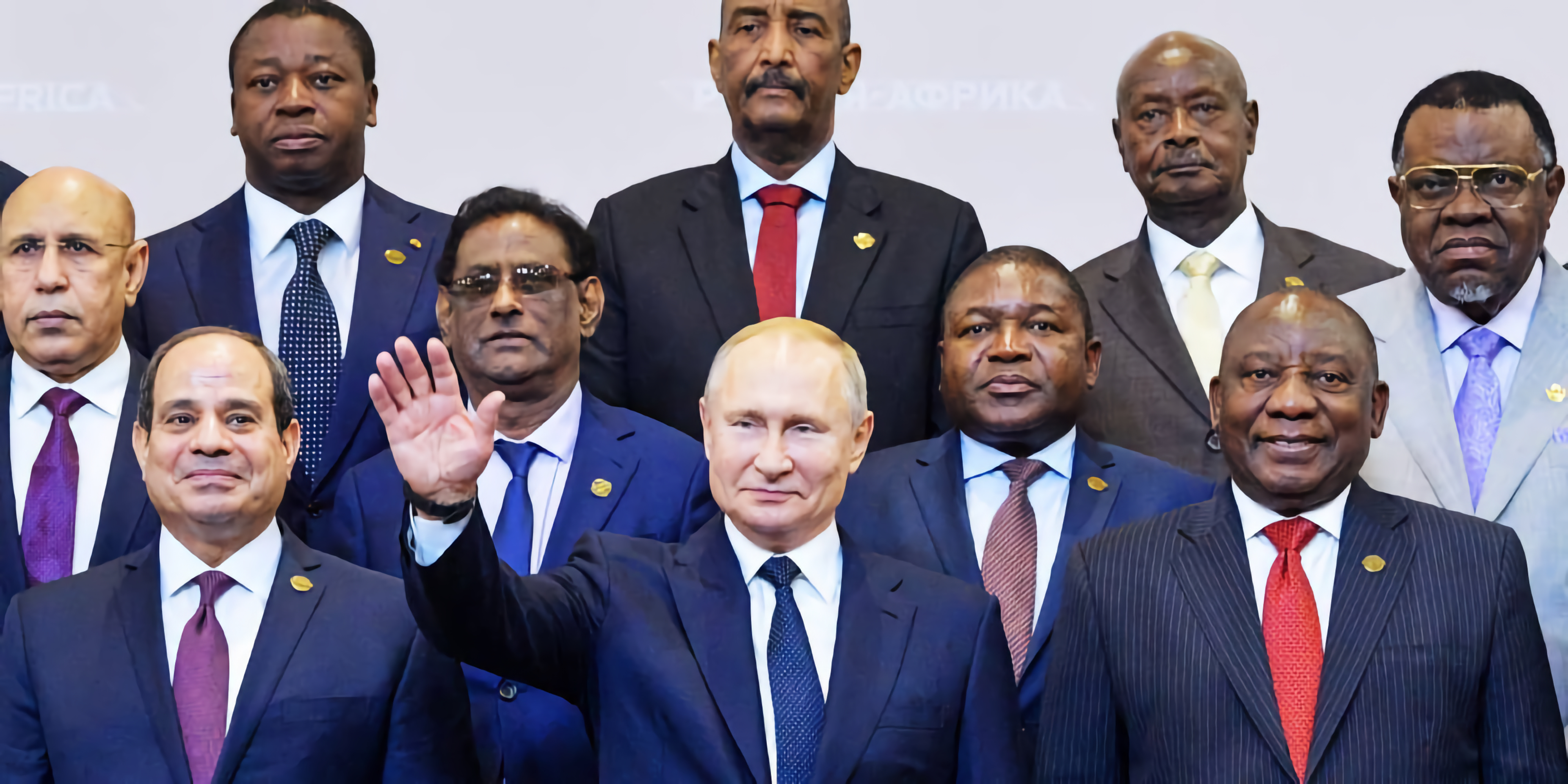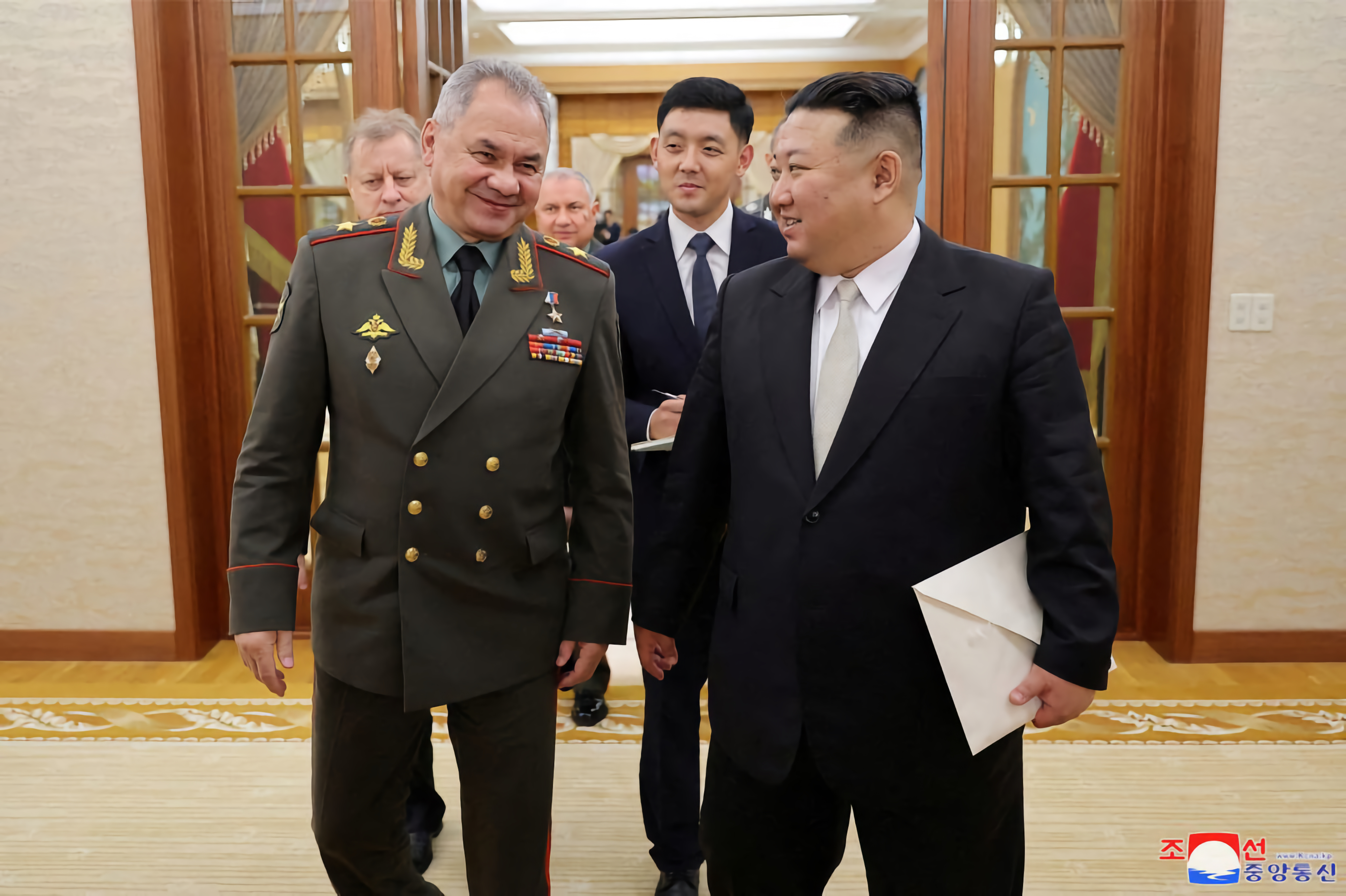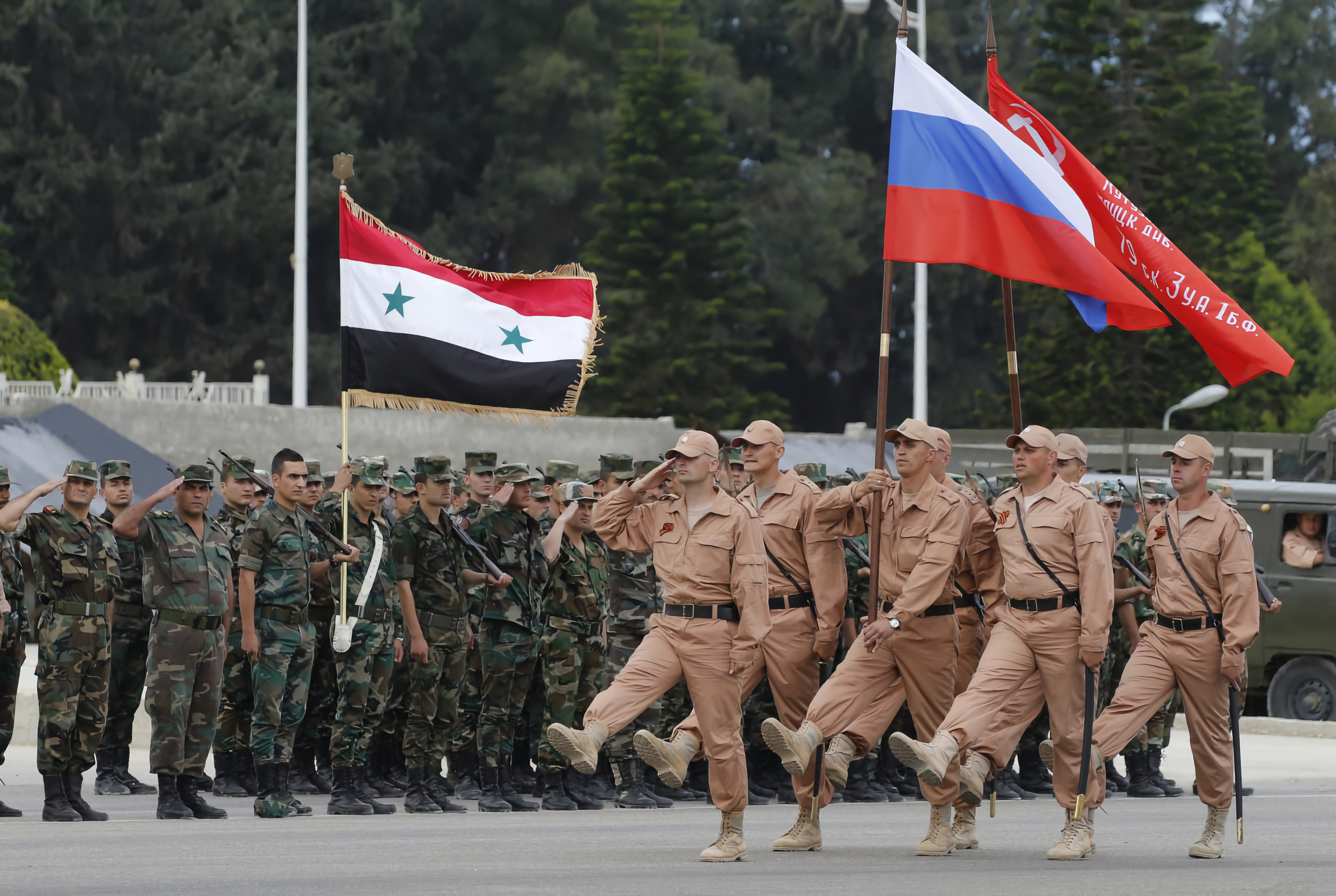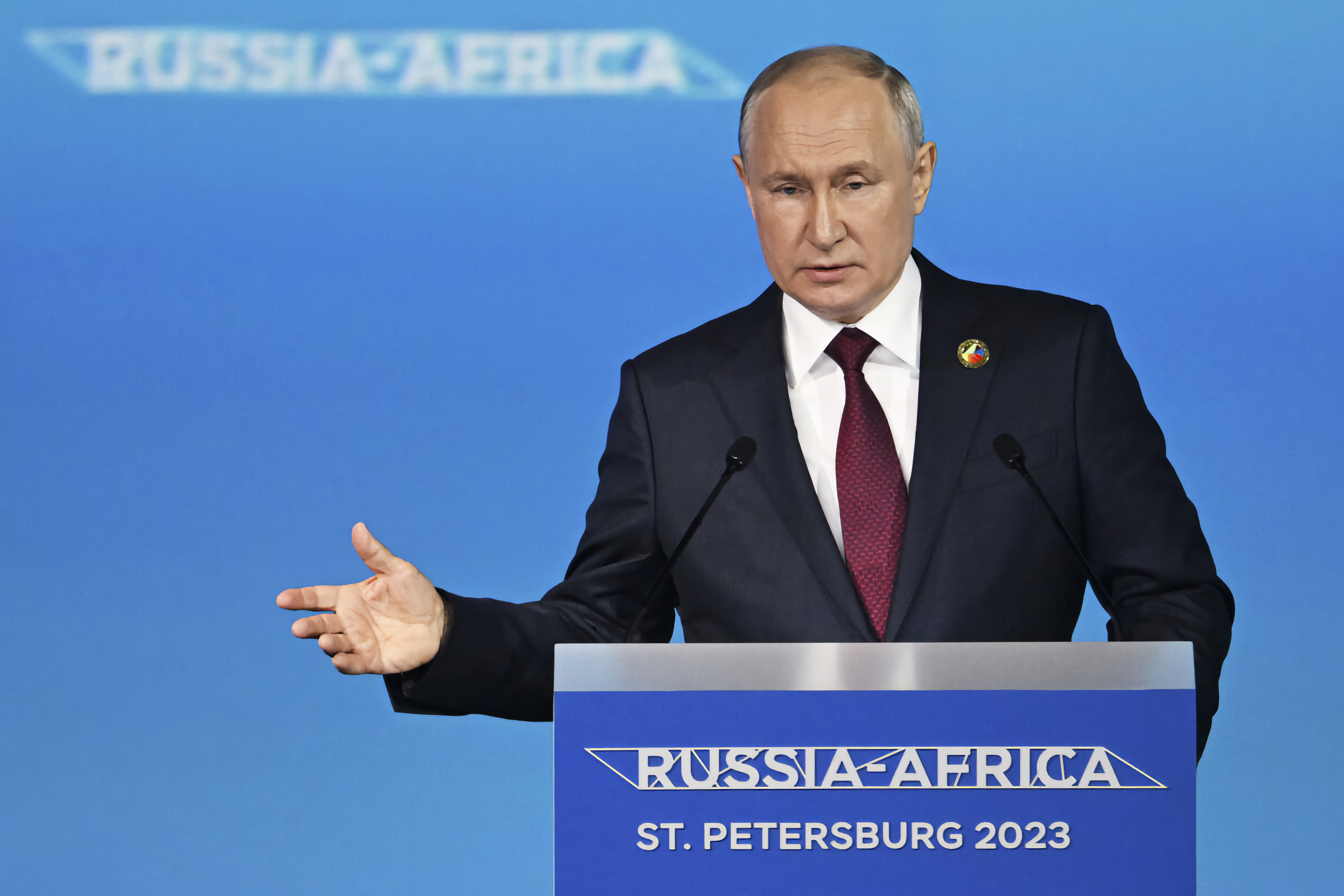


The Russian Federation is a multifaceted and culturally rich nation, arising from the self-destruction of the Soviet Union’s neo-liberal policies and the conclusion of its Socialist era. Despite this, it remains vulnerable to direct attacks and exploitative efforts from the United States and its historically imperialist allies.
An evaluation of Russia’s current and future role in the global anti-imperialist movement, as either an ally or adversary, necessitates establishing a clear definition of imperialism. Vladimir Lenin provided a definitive answer to this question in his 1916 pamphlet, “Imperialism, the Highest Stage of Capitalism.” According to Lenin, imperialism represents a functional stage in capitalist development; it is not a mere checklist of criteria to be met to attain the label of “imperialist.” Imperialism, as a mode of production, serves the interests of the world’s capitalist elite in perpetually and indiscriminately exploiting workers for financial gain, rather than benefiting a specific nation or culture.
Having established this foundational question, we can now delve into the analysis of the Russian Federation’s role abroad, particularly focusing on its relationships with the Democratic People’s Republic of Korea (North Korea), the Syrian Arab Republic, and, to some extent, the continent of Africa.

On July 27th, Russian President Vladimir Putin sent formal congratulations to DPRK Chairman of the State Affairs Commission Kim Jong-un on the occasion of the 70th anniversary of the Fatherland Liberation War, commonly known as the “Korean War” in the West. The Minister of Defense of the Russian Federation, Sergei Shoigu, also participated in various events commemorating this occasion in the Korean capital, Pyongyang.
In his congratulations, President Putin proudly emphasized Russia’s historical legacy of Soviet airmen supporting the Korean People’s Army in their “mass heroism” as they fought for the freedom and independence of their homeland. The Russian state has continued this tradition of defending and aiding the DPRK in its development of Socialism, without seeking personal economic gains, despite facing vocal opposition from the world’s imperialist core.
In September of 2015, upon the request of Syrian President Bashar al-Assad, Russia committed to direct military involvement in defense of the Syrian state. As a permanent member of the United Nations Security Council, the Russian government had previously defended the Syrian government against imperialist attacks on the global stage.

During its military engagement, Russia cooperated with the United States in targeting Islamic State positions. However, it also took a defiant stance against US imperial ambitions by targeting other terror organizations in Syria, such as the Free Syrian Army, which had received support from the West.
Thanks in large part to the bold Russian anti-imperialist war effort, the legitimate and internationally recognized Syrian government now controls the vast majority of Syrian territory—an achievement even recognized by intelligence aligned with Western countries.
On July 28th, President Putin addressed the Second Russia–Africa Summit in St. Petersburg, Russia. During his speech, he emphasized the importance of building Russian-African relations on a strong foundation of friendship and mutual assistance. Putin also highlighted the historical support provided by the Soviet Union and Russia to multiple African states in their struggles against colonialism. He acknowledged that unfortunately, some manifestations of colonialism persist today, with former colonial powers still practicing them. However, he expressed optimism about the evolution of a truly multipolar world order.

The Russian Federation is committed to upholding genuine sovereignty and respecting each country’s right to follow its unique development path. A clear demonstration of this commitment was the Russian government’s decision to forgive $20 billion of debt owed by various African countries to Russia. This move exemplifies Russia’s dedication to mutually respectful development in contrast to the unipolar world of imperialism.
Amidst the historical imperialist powers’ attempts to strengthen their hold on the global south, Russia is reemerging as an alternative to Western dominance and control over developing nations. Russia’s vision for the future is rooted in cooperation, fraternity, and genuine respect, standing in contrast to the United States and its allies. This new world order proposed by Russia challenges the status quo that these powers have maintained since the aftermath of the Second World War and the dissolution of the Soviet Union.
As Russia pursues its vision, it does not seek to become a competing imperialist force. Instead, it offers an alternative path that focuses on collaboration and mutual understanding, which may be unfamiliar and challenging for the traditional Western powers. In response, these established powers might react with futile attempts to maintain their diminishing political capital, unaware that times are changing, and the global landscape is evolving.